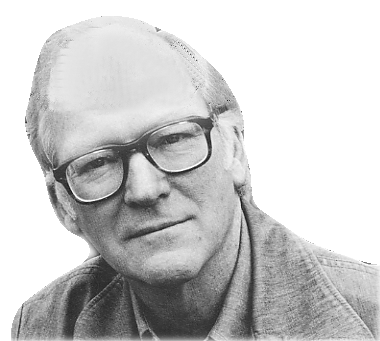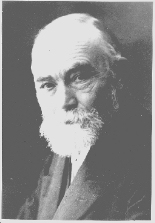Click here and press the right key for the next slide (or swipe left)
also ...
Press the left key to go backwards (or swipe right)
Press n to toggle whether notes are shown (or add '?notes' to the url before the #)
Press m or double tap to slide thumbnails (menu)
Press ? at any time to show the keyboard shortcuts
Sense and Reference (First Pass)
What is the meaning of ‘Earth’?
Simple idea: ‘Earth’ means Earth.
The meaning of an utterance of a word is the thing it refers to.
Is there anything meanings are needed to explain which we cannot explain if we take this view of them?

‘entities such as meanings ...
are not of independent interest’
Davidson, 1974 p. 154
What is the meaning of ‘Earth’?
Simple idea: ‘Earth’ means Earth.
The meaning of an utterance of a word is the thing it refers to.
Is there anything meanings are needed to explain which we cannot explain if we take this view of them?


Samantha Caine
Suburban homemaker and the ideal mom to her 8 year old daughter Caitlin. She lives in a New England small town, teaches in a local school and makes the best Rice Krispie treats in town.


Charly Baltimore
a highly trained secret agent and cold-blooded killer involved in the government's most unscrupulous affairs.
Charly is Charly.
Charly is Samantha.


‘What is stated in the proposition ‘Charly is Samantha’ is certainly not the same thing as the content of the proposition ‘Charly is Charly’.
Now if what corresponded to the name ‘Samantha’ as part of the thought was the reference of the name and hence the woman herself, then this would be the same in both thoughts.
The thought expressed in ‘Charly is Samantha’ would have to coincide with the one in ‘Charly is Charly’, which is far from being the case’
Frege, 1892[1993] p. 44


Charly Baltimore lives in New England
Samantha Caine lives in New England
‘Someone who takes the latter to be true need not … take the former to be true
‘An object can be determined in different ways, and every one of these ways of determining it can give rise to a special name, and these different names have different senses’
Frege, 1892[1993] p. 44
What is the meaning of ‘Earth’?
Simple idea: ‘Earth’ means Earth.
The meaning of an utterance of a word is the thing it refers to.
Is there anything meanings are needed to explain which we cannot explain if we take this view of them?
Contrast an utterance of ‘Charly is Charly’ with an utterance ‘Charly is Samantha’
ftbe: These may differ in informativeness.
idea: This difference is due to some difference in the meanings of the utterances of ‘Charly’ and of ‘Samantha’.
There could be no such difference if the meaning of an utterance of a word were merely the thing it refers to.
Conclusion: the meaning of an utterance of a word is not, or not only, the thing it refers to.
What are senses?

‘Frege’s idea was that to understand an expression, one must not merely think of the reference that it is the reference, but that one must, in so thinking, think of the reference in a particular way.
The way in which one must think of the reference of an expression in order to understand it is that expression’s sense’
Evans, 1981 [1985]: 294
Summary so far
1. Can the meaning of an utterance of a word be the thing it refers to?
2. Sense is that aspect of meaning, if any, which explains patterns of difference in informativeness despite sameness of reference.
3. Rougly, senses are ‘the way in which one must think of the reference of an [utterance of] an expression in order to understand it’.
Preview
What is sense supposed to do?
1. Sense explains the difference in informativeness between the utterance of ‘Charly is Charly’ and ‘Charly is Samantha’.
2. Sense determines reference.
3. A statement showing the sense of a name specifies what you need to know about the utterance of a name in order to understand it.
The sense of an utterance of ‘Charly Baltimore’ is this description:
the highly trained secret agent suffering from amnesia in New England.
The sense of an utterance of ‘Samantha Caine’ is this description:
the New England teacher with an 8 year old daughter who makes the best Rice Krispie treats in town.
Are senses descriptions?